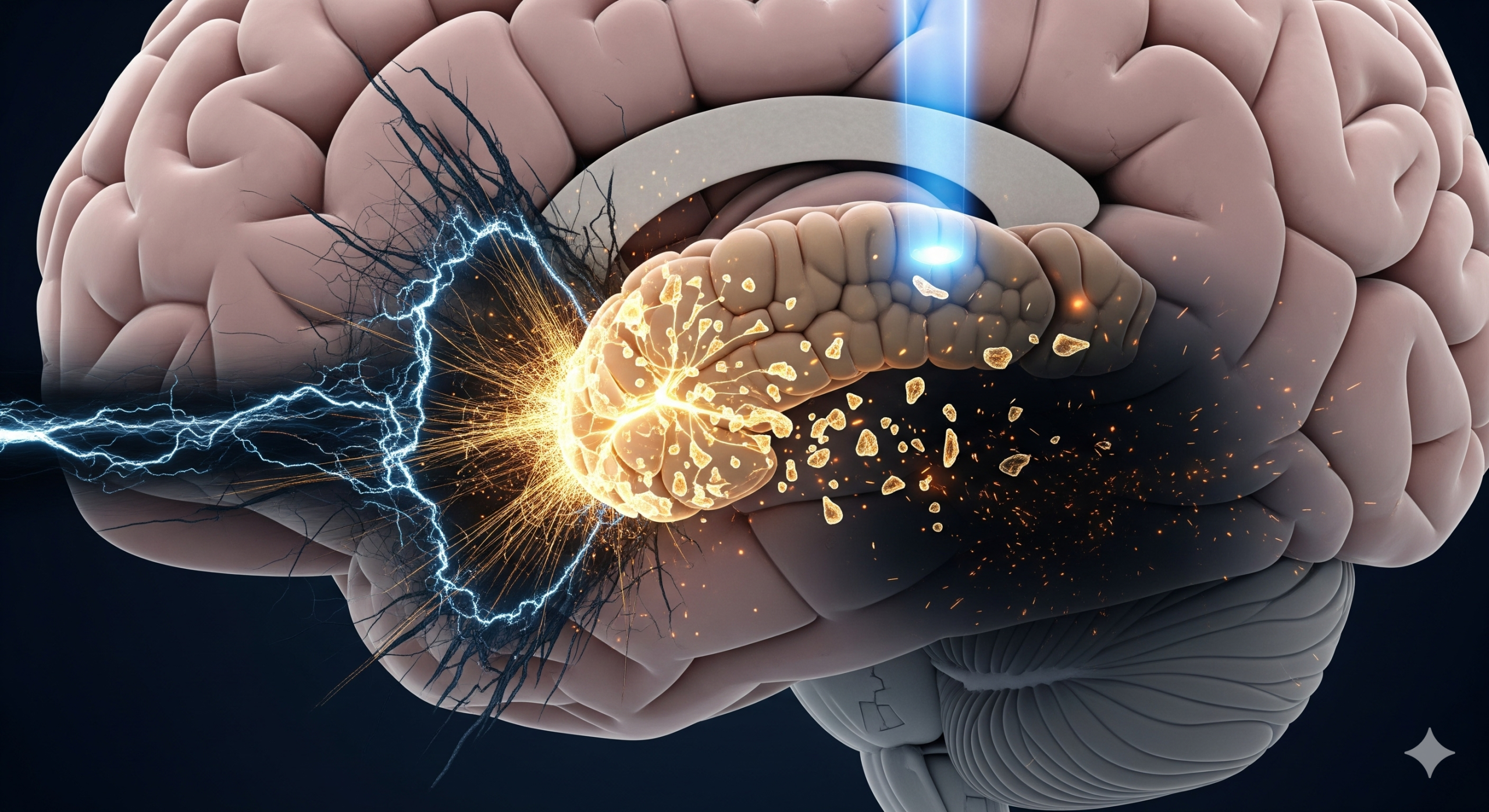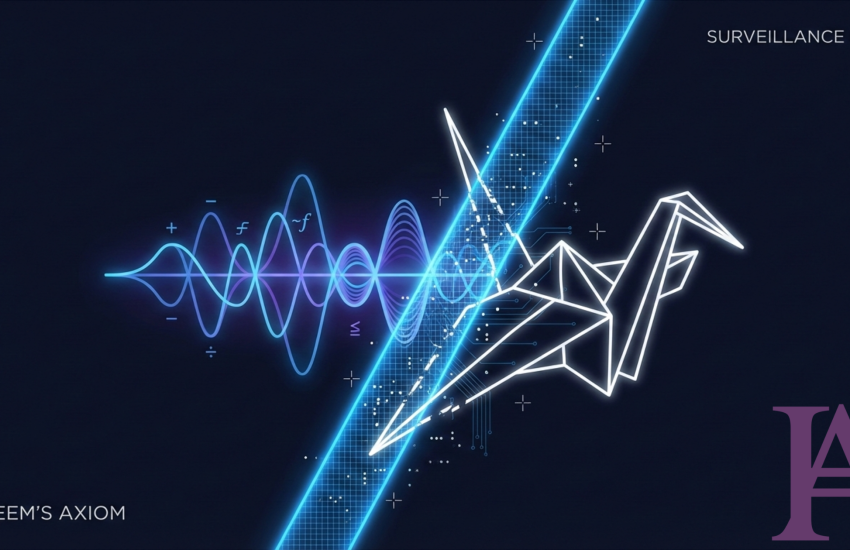The Hippocampus Under Fire: A Neuroscientific Look at Alien Abduction Amnesia
Why can’t abductees remember? Chapter 3 answers this not with metaphysics, but with hard science. This post breaks down the neurological processes of memory encoding and consolidation, explaining how trauma physically disrupts these systems and leads to the repressed and fragmented memories that define the abduction experience.
Listen to “The Neurology of Forgetting: How Trauma Shapes and Shatters Memory After Alien Contact” on Spreaker.• 🧠 The Encoding Breakdown: How extreme emotional arousal during an event can simultaneously sharpen minor details while completely obscuring the main narrative, creating a fractured, nonsensical memory.
• ⚡ Hippocampal Overload: The science behind how the brain’s memory center (the hippocampus) can be so overwhelmed by stress that it fails to properly consolidate short-term memories into long-term storage, resulting in pure amnesia.
• 🛡️ The Protective Repression: Understanding memory repression not as a Freudian concept but as a subconscious survival tactic, where the mind walls off unbearable trauma to allow the individual to continue functioning daily.
• 😔 The Psychology of Loss: The deep emotional turmoil of memory loss—the grief for a missing part of one’s own life story, the anger, the guilt, and the profound sense of isolation it creates.
• 🔓 Hypnosis and Reintegration: How therapeutic hypnosis works on a neurological level to relax the brain’s defenses, allowing for the safe retrieval and, most importantly, the integration of repressed memories into a cohesive life narrative.
The Mind’s Labyrinth: Navigating Lost Memories of Alien Encounters (book)
On HAK EYM News: How Your Brain Balances Memory and Novelty: A Neuroscience Breakdown


